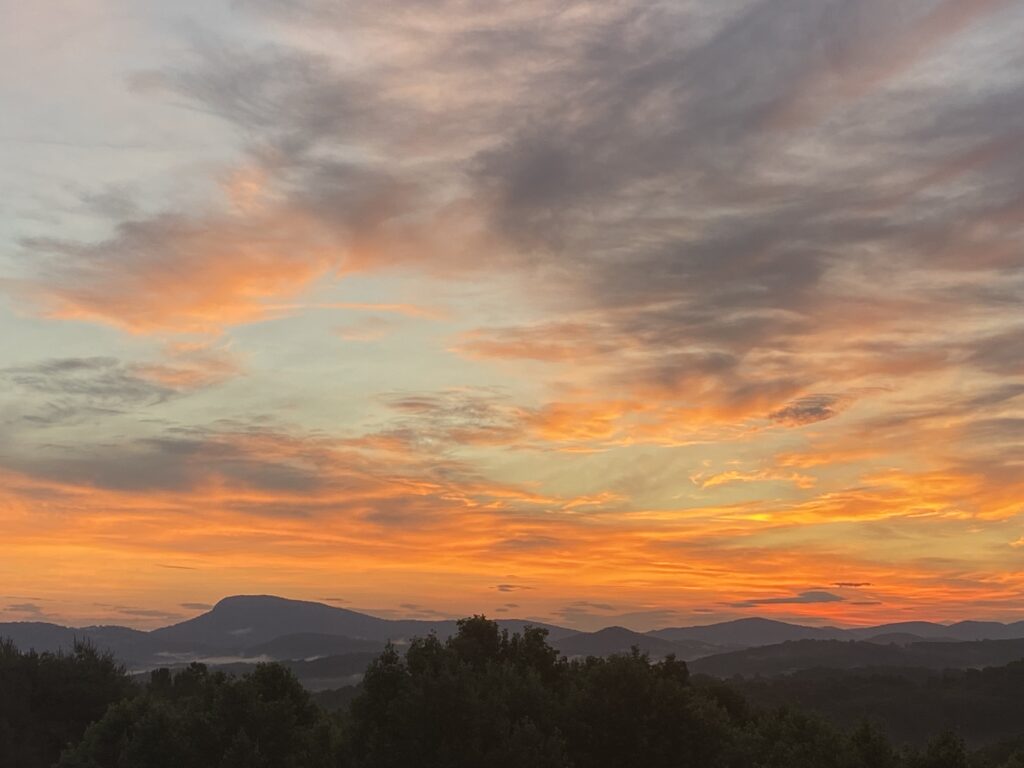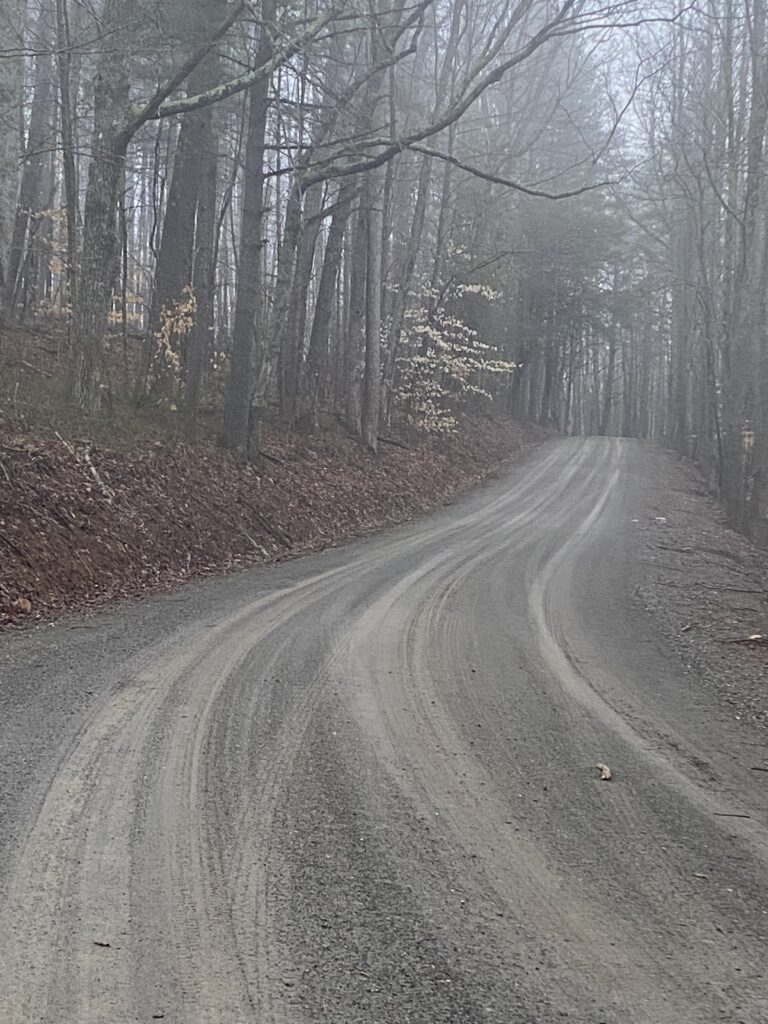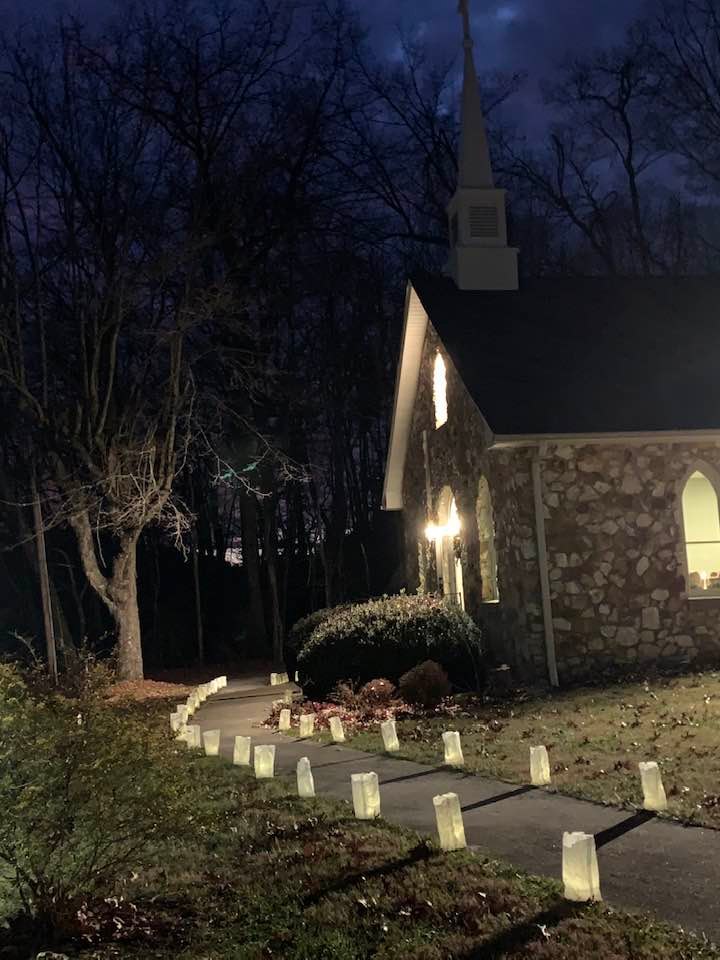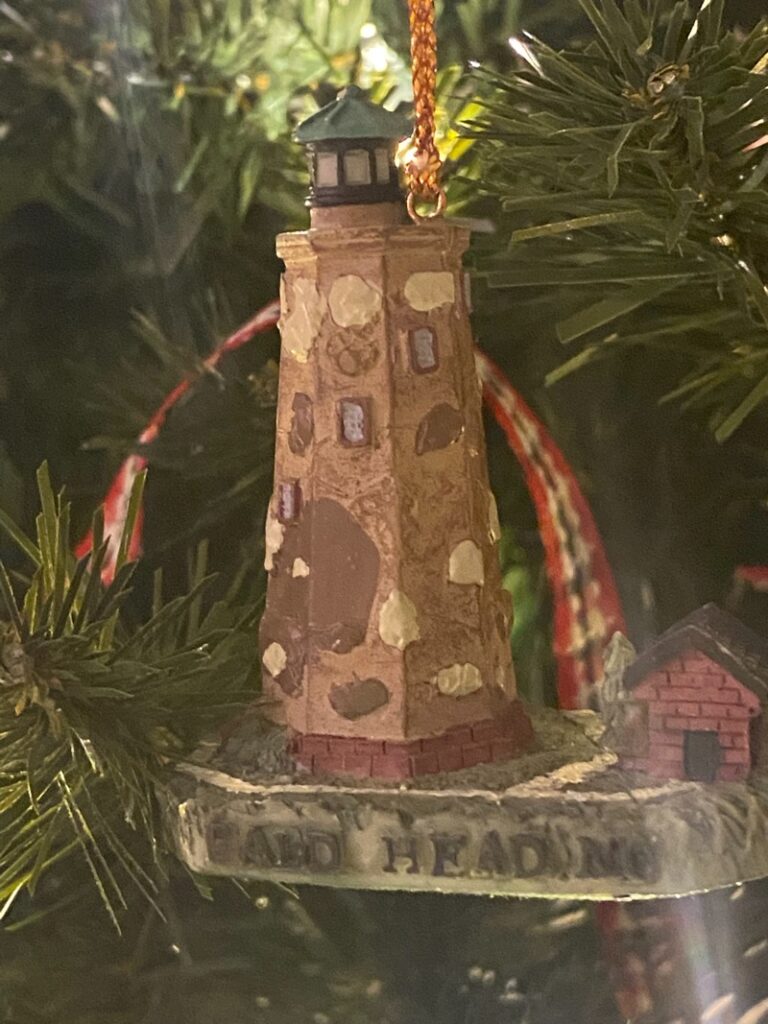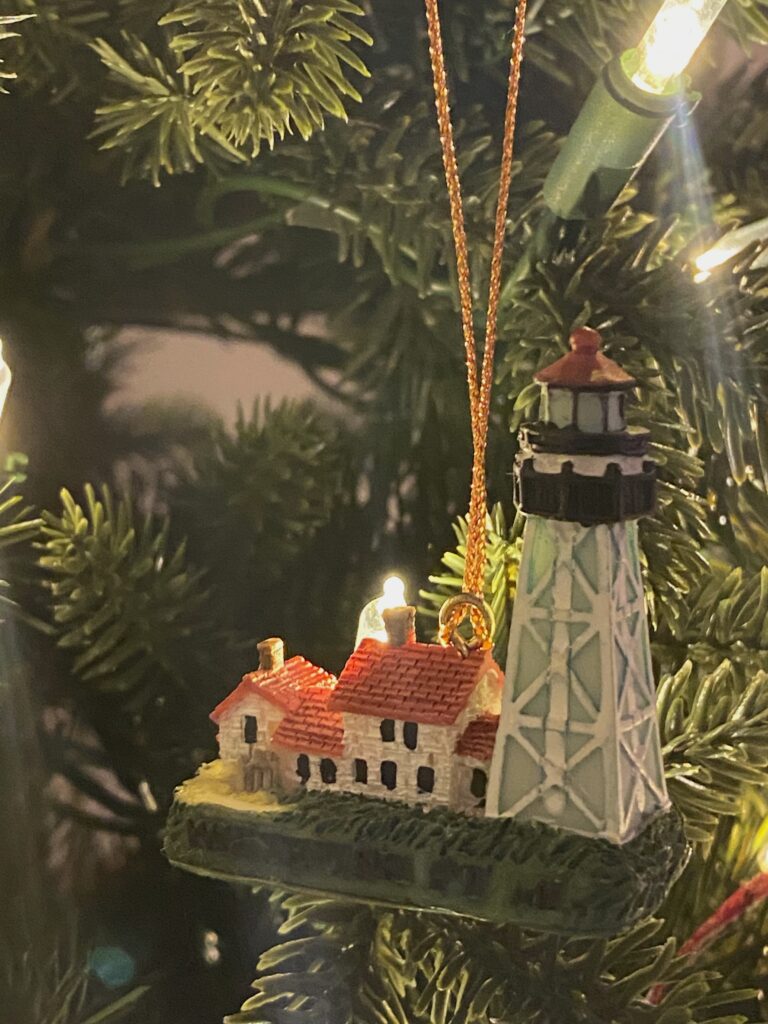Jeff Garrison
Mayberry and Bluemont Presbyterian Churches
July 11, 2022
Luke 8:26-39
At the beginning of worship:
Why would you invite someone to church? I hope it isn’t to see or hear me talk, although I would enjoy meeting your friend. But that’s not why we should invite someone to church. We invite them because we care.
When you get down to it, the only valid reason to invite people to worship with us (or to a meal or a Bible study) is that we want them to experience Jesus. The church is God’s vehicle to share God’s mission. Whether inside a building or outside under a maple tree, God uses the church, along with the workings of the Holy Spirit, to bring people into a relationship with Jesus Christ. I hope you want to see people encounter and get excited about Jesus, because that’s what we’re to be about.
That said, when Jesus encounters someone, he sends them back into the world, to do his work, as we’re going to see today. As someone said many years ago, evangelism is one beggar giving another beggar a morsel of bread. Yep, we’re all beggars here. And we depend on the bread of life, on Jesus Christ, our Lord.
Before the reading of Scripture:
Last week we heard about Jesus and the disciples in a boat sailing across a stormy Lake Galilee. We were left hanging with a question. Who’s this dude named Jesus? Today, we learn what happens when they reach the other side. We also get an answer to that hanging question.
A Western set on the other side of Galilee: Is that why it’s called the West Bank?
This story sounds a lot like a good Western movie.
In a the classic western, a community is in trouble. Some force threatens their ability to settle and civilize the land. When things become desperate, an outsider rides in. He has compassion for the community and helps them out of a situation. But he doesn’t fit into the community and when things are settled, rides off into the sunset.
Two films to consider in this genre. One is the 1953 classic Shane. The movie ends with Alan Ladd riding off after getting the bad guys as Joey, a boy he befriended, pleads, “Shane, come back.” The other is Pale Rider, released in 1985. It starred Clint Eastwood. The filming of the movie took place just outside of Camp Sawtooth, in Idaho, which I directed for a few summers shortly after it was filmed. With Pale Rider, it’s a young woman calling out her love for Eastwood’s character, “Preacher” as he rides off in the distance. In both cases, the outsider came and helped, but didn’t stick around.[1]
Jesus asked not to stick around
Likewise, Jesus came and helped this community, and he doesn’t stick around. They don’t want him to stay. They fear his power and ask him to leave. Earlier in Luke’s gospel, Jesus tells his hometown synagogue that a prophet isn’t appreciated in their hometown.[2] Now, we see his lack of acceptance extending to the gentile world. How did Jesus get here?
The answer to the question asked in the boat
Last week we focused on the storm that struck Jesus and the disciples’ boat as they sailed across Galilee. The disciples are stunned when Jesus spoke, and the wind and waves obeyed. “Who is this guy?” they ask.
Now, as they come across on the other side of the lake, they meet a man who appears not to be normal. That’s an understatement. He gave up wearing clothes and lives within the tombs. He has brute strength. Chains can’t hold him. Mark provides a few more details, such as people hear him roaming the hills and howling. He also harms himself with stones.[3]Obviously, he has problems.
He meets Jesus and the disciples by the water and immediately falls to his knees and shouts, “What have you to do with me, Jesus, Son of the Most High.” I find it interesting that aboard the boat, when the disciples asks themselves about Jesus, no one has a clue as to Jesus’ true identity. But now we have a demon confessing Jesus to be Lord, to be divine. “Even the demons believe,” the book of James tells us, “And [they] shudder.”[4]
The crazy man asks one thing, Jesus provides another
The man begs Jesus not to torment him and to leave him along. Now, Jesus could have done this, and everything would have been okay. After all, that’s what the man asks, but Jesus has compassion and knows it’s not the man speaking. Instead of ignoring him, as requested, Jesus provides what he needs.
We don’t always get what we want. That’s good. Jesus offers a little tough love here. Sometimes the kind thing to do is not to give people what they say they want but what they need.
Legions in the land
Jesus asks the man for his name and is told “Legion.” Luke tells us this is because many demons had entered the man. He was no longer in control.
There are some interesting things about this name. Legion is a large unit within the Roman army. It would be equivalent to a division today, with a legion containing around 5600 men. Romans kept a Legion of men on this side of Galilee to have them readily available when the Jews revolted (something they did from time to time). It was easier to keep the bulk of their troops out of sight unless needed. Then, all they had to do was to march around the lake and assist the smaller local garrison reestablish control.
We also know the Jews looked for a military Messiah to chase the Roman legions back to Italy and free Israel. Here, in the land were the Roman legion mustered, we see Jesus ridding a Legion, but one different from their imagination.[5]
The demons request
These demons are nervous as they know Jesus has the power to send them back into the abyss, which is what we see happening in the book of Revelation.[6] Ironically, Jesus not only shows compassion to the man, but to the demons. He allows their wish to be sent into a herd of pigs instead of being locked in a dreadful pit. They leave the man and enter the pigs, who run wild and off a cliff and into the water below.
Evil destroys
There are a couple of things we should understand from this bizarre event. First, evil brings destruction. The demons attempted to destroy the man. As Mark tells us, he beat himself with stones.[7] Once the demons enter the pigs, they run into their own demise, drowning in the sea.
The second thing is that there is a cost to the community for healing to occur.[8] Here, the cost was a herd of pigs. As the cliché goes (and is well known by those in the military), “freedom isn’t free. Someone pays the price.”
The land of the unkosher
For Jews, being with an unclean man was against one’s faith. It wasn’t kosher. But neither are pigs. Jesus’ ministry here is unlike anything we’d seen from him in Jewish lands. It prefigures the church’s work with the Gentiles, which Jesus had already foretold when he spoke in his home synagogue. However, the Gentile mission is still in the future.
The man as a disciple
Luke provides an interesting picture of Jesus and the man after the event just described. The man is in his right mind and sits at the feet of Jesus—a perfect picture of a faithful disciple. Perhaps because this man is a gentile, and Jesus is going back to finish up his Jewish ministry, Jesus refuses to allow the man to travel with him.[9] Instead, he sends him home to tell of what God has done.
This is good advice to us, too. If we’ve experienced God’s grace, we need to share our experience with others. Like the man, we’re called to be a disciple, but we carry out our work apart from the physical presence of Jesus.
The fear of the people
The people, however, are afraid of Jesus and ask him to leave. It’s as if they could handle the crazy man, but they can’t handle someone with the power to set the crazy one right.[10]
Clues to Jesus’ divinity
A few weeks ago, we saw Jesus, like God, had the power to forgive sins.[11] Then, last week, we saw that Jesus had power, like God, over nature.[12] Now we see that Jesus also has power over even human nature. Without coming out and saying it, Luke drives home this point: Jesus does the work of God and is God.
And here, Luke reminds us that God’s mission isn’t just for the Jews, those like Jesus. While still off in the future, the mission to the gentiles will drive the church around the globe.
Our invitation to proclaim what God has done
The invitation is for everyone hurting to come and encounter Jesus’ grace. There is forgiveness; there is his presence in the storms of life; there is hope even for the hopeless. We just don’t need to be afraid. Instead, like the man freed from his bondage to demons, we’re the ones who should proclaim how much God has done for us. Amen.
[1] I’m indebted to John Wiley Nelson’s book, Your God is Alive and Well and Appearing in Popular Culture (Philadelphia: Westminster, 1976) for insight into the Western genre. Nelson would probably classify Pale Rider as an anti-Western, a subgenre of the Western motif.
[2] Luke 4:24.
[3] Mark 5:1-5.
[4] James 2:19, NIV.
[5] James R. Edwards, The Gospel According to Luke (Grand Rapids, Eerdmans, 2015), 250.
[6] Revelation 9:1-2, 11; 20:1-3.
[7] Mark 5:5.
[8] Fred B. Craddock, Luke: Interpretation, A Bible Commentary for Teaching and Preaching (Louisville: John Knox Press, 1990), 117.
[9] Edwards, 251.
[10] For good insight on fear in this passage see Scott Hoezee’s commentary on the text: https://cepreaching.org/commentary/2019-06-17/luke-826-39-2/
[11] https://fromarockyhillside.com/2022/06/all-are-in-need-of-forgiveness-the-seemingly-righteous-and-the-obvious-sinner/
[12] https://fromarockyhillside.com/2022/07/let-jesus-calm-our-hearts/


